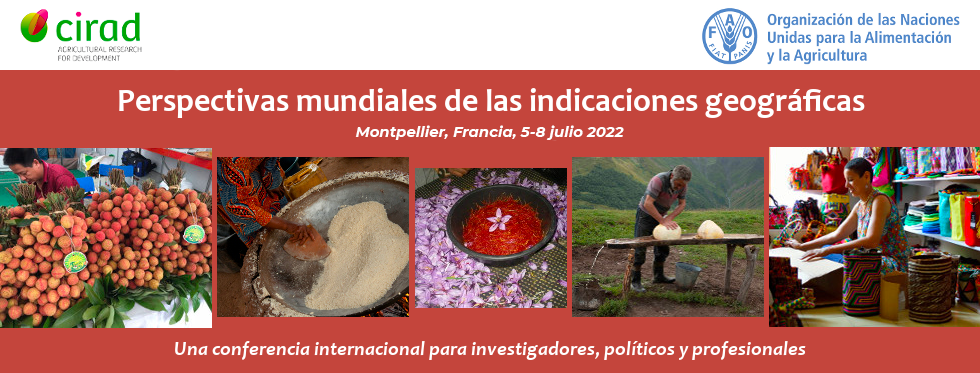Industrial property protection mechanisms have recently positioned themselves in emerging economy countries as tools to promote local development. Colombia has been no exception and in the last 16 years twenty-nine protected designations of origin (PDOs) have been granted. Some PDOs have not had an impact in terms of economic and social growth, one of the cases is the “Bocadillo Veleño”. In this sense, this study answers the following questions: Why has the “Bocadillo Veleño” PDO failed to generate the expected impact? And how can a PDO seal promote territorial development?
The PDO for “Bocadillo Veleño” is one of the most recent in Colombia. It was granted on June 15, 2017 through resolution 35076 of the Superintendence of Industry and Commerce. This product is a guava candy, made with red and white guava variety, produced in the province of Vélez and Ricaurte, in Colombia and whose unique characteristics of flavor, aroma and texture have been attributed by the geographical, natural, social and cultural conditions of the territory.
The objective of the study focused on analyzing: "The use and management of the PDO of the “Bocadillo Veleño” where the structure of the collaborative networks of the snack production chain and its impact on territorial development is considered key".
The methodology used was a single case study with multiple units of analysis, semi-structured interviews, questionnaires to measure sustainability indicators associated with the PDO and records to determine the collaboration networks through the Social Network Analysis approach. The entire guava value chain and its agroindustry participated in the study: entrepreneurs of the “Bocadillo Veleño”, guava, bijao leaf, consumers and institutions linked to the sector.
The case study made it possible to evaluate four units of analysis: i) History of obtaining the PDO, ii) Use and management of the PDO, iii) Construction of collaborative networks to determine cooperation and trust in the system, iv) Identification of projects that make it possible to use the PDO seal for territorial development.
The PDO represents a competitive advantage; however, in order to generate territorial development, support, direction and institutional and stakeholder coordination at the territorial and national levels are indispensable. The study found that there was good cohesion among actors during the process of obtaining the PDO, but after recognition the system was dispersed and cooperation ties became fragmented.
Finally, the needs of the primary actors and territorial capacities were identified, which were presented in proposals for the creation of agrotourism "Ruta del Bocadillo Veleño", strengthening of agribusinesses linked to the “Bocadillo Veleño” such as bijao and guava production, projects focused on strengthening communication, good governance and the establishment of fair trade to ensure the sustainability of producers and above all training in agribusiness to improve their sales strategies and product positioning.



